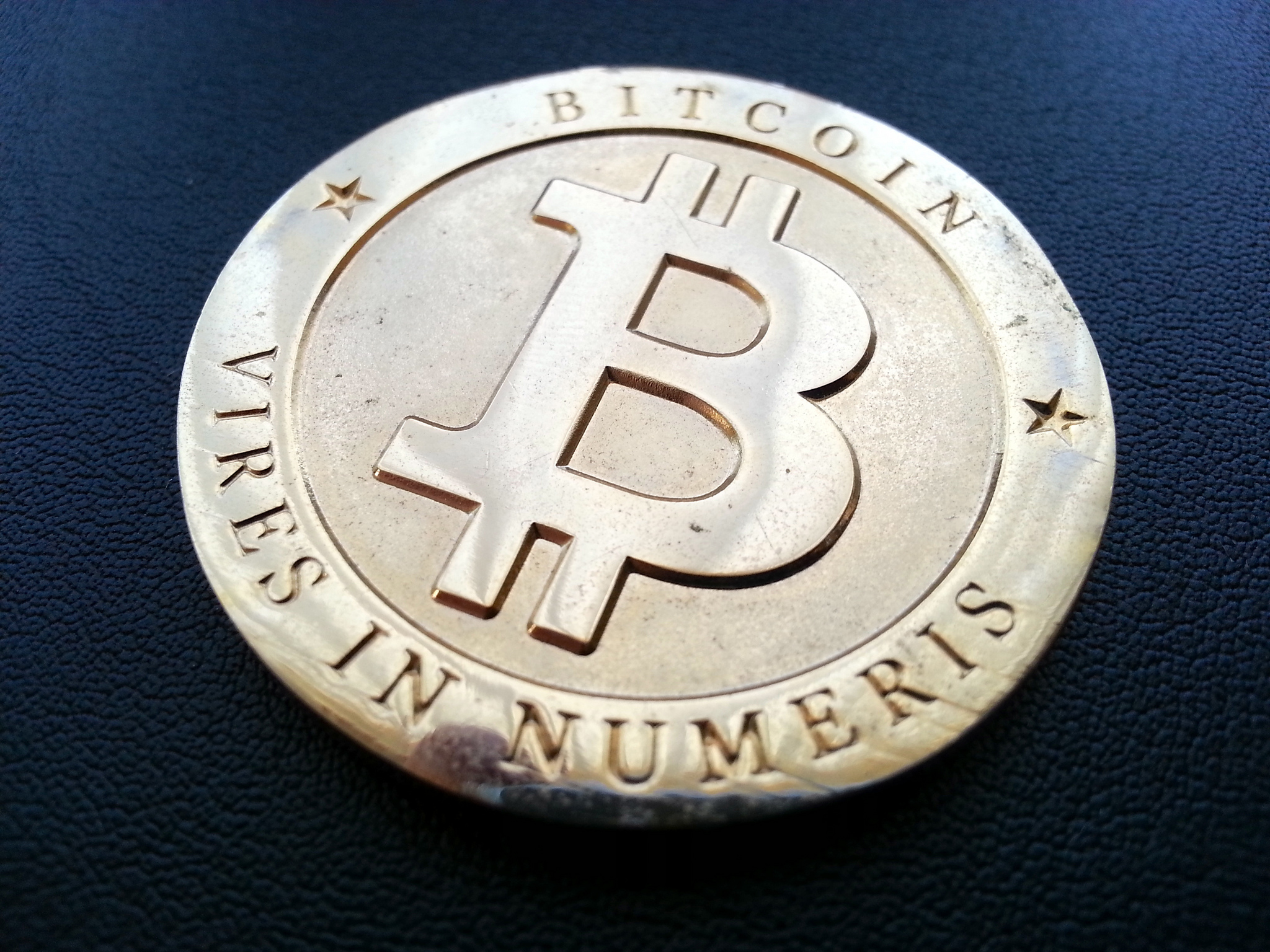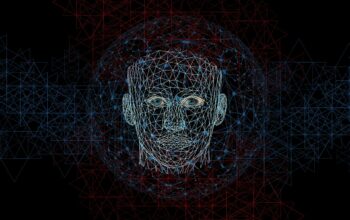In February I wrote my first piece. Then I mostly covered the basics of Bitcoin as a currency and technology. The idea for the second part was to discuss future prospects with some experts and deepen the knowledge. This turned out to be more than a hand-full and getting an actual interview was quite a struggle. Understandable. Bitcoin has been linked to drugs, guns and hiring hitmen to kill a president. It all seems like the plot-line of the next Mission: Impossible movie, but without the sappy romance.
In the end, two Bitcoin users decided to join my quest for more knowledge. Finnish Bitcoin entrepreneur Matti Korhonen*, who has been contributing to the development process since the first steps in 2009, and Swedish Bitcoin miner Lars Johansson*, who has been actively investing since 2011.
So how big are they invested in Bitcoin? Korhonen won’t say, but Johansson is talking about 10 000 dollars. Almost all his bitcoins he has used to by new hardware to mine the coins even faster. Clearly, he has faith in the product, but so does Korhonen.
”Year ago no one had heard about Bitcoin. Now everyone has, but they have no idea what it truly is”, he says.
I ask him, what he means by that.
”Bitcoin is like 1994 Sandra Bullock. She starred beside Keanu Reeves in Speed and everyone could recognise her face well enough, but I don’t think many believed that 20 years later she would be the highest-paid actress in the whole of Hollywood. Bitcoin today is the 94-Bullock. Just give it ten more years and everybody will want a piece of it.”
Johansson is even more optimistic. ”In 5 years, I think, most of the world will know of Bitcoin and at least 40% of the population will have a crypto-currency wallet. The technology of Bitcoin and other crypto-currency has created a lot of new inventions. The one thing about Bitcoin is that it’s a lot more than a currency, there are a lot of other  usages for the technology and that is the new prospect of it. In the near future I see a lot of new markets developing by implementing Bitcoin. The market is gonna be into the technology of Bitcoin and not the currency.”
usages for the technology and that is the new prospect of it. In the near future I see a lot of new markets developing by implementing Bitcoin. The market is gonna be into the technology of Bitcoin and not the currency.”
It’s hard to argue with such blind trust. Bitcoin seems to be as much of a religion as it is a currency. Like every cult, the members of this one assure me that there is more to it than meets the surface. And the longer I listen, the better it sounds.
According to Johansson, bitcoins or Bitcoin technology could be used, for example, as a shipping confirmation for more secured shipments or even for voting. Every Swedish citizen could have a Votecoin and that would be impossible to forge like ID’s are. This sounds a bit too good to be true with the recent safety issues with Bitcoin.
Korhonen and Johansson both blame the new technology and its bugs. The voting would work with updating the technology a bit and the process could be based on a completely open format with full anonymity provided. Everyone could trace their own votes to the candidate so no vote could get lost or be forged on the way. At the same time, no one else could see, who voted for who.
I still can’t brush off the feeling that these two are just reciting a storyline from some recent blockbuster.
While both are very eager to talk about the technology, I’m also interested in Bitcoin as a currency. Have they used Bitcoin as money? Korhonen has only bought a couple books which were donated to the The Sri Lanka Campaign, He also hints that there are many sites that convert bitcoins into giftcards that can be used with all the major brands online. Johansson is more of a traditional bitcoin user. He has purchased LSD from the Silkroad, one of the biggest online blackmarkerts that was closed last November by the FBI. Johansson says that Silkroad was more harmless than its reputation. For example, there were no arms dealing. Korhonen says that the assassin market was more of an inside joke since it would’ve been extremely hard for anyone to prove that they had actually done the job.
 Drugs are one of the most famous selling items on Silk Road. After its closing, three new websites were put up within the following weeks.This screenshot is from Silk Road 2.0 and aside from drugs, art, books and jewelry are also sold through the website.
Drugs are one of the most famous selling items on Silk Road. After its closing, three new websites were put up within the following weeks.This screenshot is from Silk Road 2.0 and aside from drugs, art, books and jewelry are also sold through the website.
Bitcoin has been in the headlines and not because of good customer reviews. The seizing of Silk Road started a vicious media attention that finally brought some bad publicity for the 2013 geek money phenomenon. The shady reputation was sealed this spring, when online trading sites for bitcoins got hacked one after another.
Johansson sees the problem but also solutions. Bitcoin is a relatively new technology with known errors. The biggest trading site Mt Gox had a huge affect on the volatility when coins were lost, but the worth of one bitcoin is still 5 times what it was one year ago and 500 times what it was compared to two years ago.
Korhonen says that the biggest news in the world of Bitcoin at the moment is not the fall of Mt Gox but the exposé story of the technology’s inventor. In the early March, Newsweek published an article, where they claimed to have found Bitcoin’s father. Until this point, the only thing known about the person or the group was the website username Satoshi Nakamoto. Newsweek had found Dorian Satoshi Nakamoto, a 64-year-old Japanese American living in California.
Korhonen doesn’t think it’s truly important, if Dorian Nakamoto is the man behind the technology, but the story itself is huge. He, as many others, values the anonymity of Bitcoin and thinks that a press chase of this magnitude will make users more suspicious of Bitcoin. After all, Dorian Nakamoto had journalists camping outside on his yard just because they thought he might be the one.
“It steals the idea of anarchy. It takes away some of the appeal of Bitcoin as a currency. I don’t actually believe that Dorian is Satoshi Nakamoto. He was just some unlucky guy, who didn’t fully understand the question the reporter was asking him”, says Korhonen.
And he is not alone. Many bitcoin users are not convinced that the man behind the username is truly Dorian. Questions were raised why Satoshi Nakamoto, who had used anonymous mail boxes and domain registration, would risk getting himself exposed by using his birth name. Dorian’s dire situation with the media hunt evoked some sympathy. Bitcoin entrepeneur Andreas M. Antonopoulos started fundraising for Dorian as an apology for the inconvenience from the whole community. Antonopoulos raised over 2 000 donations from all over the world with nearly 48 bitcoins with the value of the time being over $20.000. The wallet was handed over to Dorian in April.
For Johansson, it’s also the anarchy appeal, but he doesn’t think Satoshi Nakamoto’s identity is that relevant. The important thing is how the power and crypto-currency can’t be controlled.
“Non-governmental crypto-currency is the fifth estate – a political power outside the political system, belonging directly to the people.”
But let’s be truthful here before wrapping it up. Did they start mining bitcoins to rock the power structures or to make some dough.
Johansson admits eagerly that he jumped in because of the prospects of getting fast cash, but he is also interested about other aspects and tells how Bitcoin could be used to transform Africa. Korhonen also says money is the reason he started but not the reason he stayed.
“Usually men make the best innovations when they are motivated by something. And money can be a real good motivator. There is nothing wrong with that. Bitcoin can be so much more than just people exchanging items. It can change the fact that we are the slaves of corporations with white collars. It can change the way we live. It can change the way we think.”
* The names have been changed for privacy reasons.
By: Elena Liski
Image credit:
Picture 1: Zack Copley, licensed under CC BY-SA 2.0
Picture 2: Elena Liski








